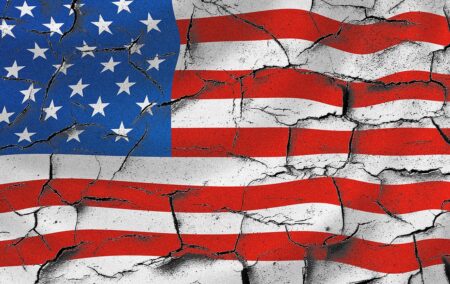Daily Friend editor Michael Morris challenged IRR staffers to come up with their top ten predictions of the things that would influence the world and South Africa in 2020. Frans Cronje, Gabriel Crouse, Bheki Mahlobo and Amy-Claire Morton contributed to this head-on-a-block analysis.
ONE: US Government Debt – is there a bubble in the US bond market?
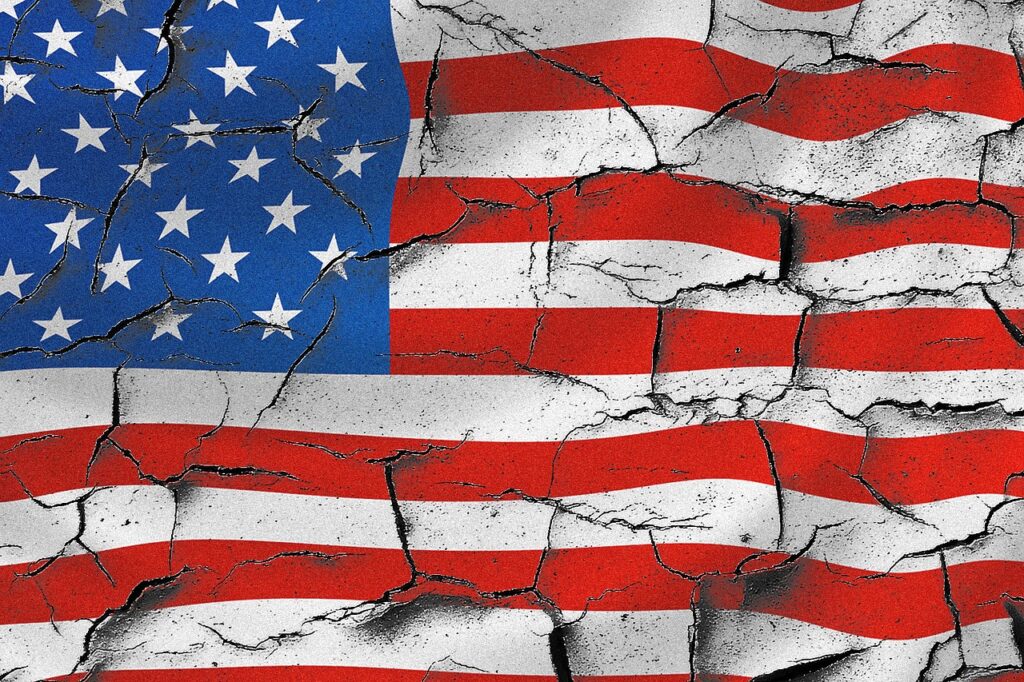
Crux of the issue: Investors win, so long as the US government continues to issue new bonds, service its debts and reap the fruits of its reserve currency status.
US government debt has doubled in the last decade, largely to finance stimulus after the global financial crisis. The high prices of US bonds and the fact that $17 trillion in global bonds are now trading at above face value could lead to a bursting bubble.
To paraphrase Steve Eisman, the most famous ‘big short’ investor to see the last bubble (in the US housing market) coming – there is certainly a bubble in US debt, just not one that anyone dares bet will burst anytime soon.
The reasons are partly geopolitical. 30% of US government bonds are held by foreign countries, many of which run a trade surplus with the US and most notably China, which alone has in excess of $1 trillion of the US’s public debt. Holding these bonds and trading them at high prices keeps the dollar strong, which in turn makes it easier for industries to outcompete US domestic producers. The incentive is potent to keep blowing energy into the US bond market from these export-driven countries.
Furthermore, holding vast quantities of US bonds gives one a powerful bargaining chip in any potential hostile exchange. If any sovereign were to sell massive tranches of US bonds, the price would plummet, damaging the selling country, but possibly damaging the US even more. ‘Client states’ have throughout history found it favourable to hold considerable volumes of superpower debt.
On the private-sector side, it is worth noting two reasons to buy bonds from stable countries. The first is that the yields, while lower, are more exact and secure, which is exactly what attracts the risk-averse investor. The second, however, is that once having bought a bond it can then be resold at a higher price at a later stage if the market swings appropriately. Speculators who play ‘pass the hot potato’ will not have their fingers burnt if they get their timing right and bond prices continue to climb. Both trepidation and greed can drive the prices up, but prices have not yet climbed so high that foreign sovereigns feel tempted to pull out.
Finally, the ‘grand bargain’ – in which a spending and tax compromise is struck so that new bonds are not issued – has not been made. Nor does it seem likely in the short- or medium-term. So long as new bonds are issued, the opportunities for speculative traders to take advantage of price swings will apply upward force to bond prices.
IRR Prediction: For the time being, the merry-go-round will continue.
TWO: US equities – will the equity markets hold-up?

Crux of the issue: US equity markets are at record highs at the end of a record (stimulus-infused) bull run, just as the world economy starts to slow. Is the US stock market on the eve of a spectacular crash?
For the Republicans, the US election is more likely to favour their party if US markets hold up, at least until December. In addition, the Federal Reserve seems intent on infusing the US economy with further stimulus and remains dovish on interest-rate hikes. The likelihood of a maturing US-China trade agreement and successful Brexit are likely to conspire to drive US equities even higher.
The Fed will be closely observing dollar inflation rates and, if it sees an uptick, might raise interest rates which in turn would threaten the equity markets. China might calculate Trump unlikely to win and, preferring to negotiate with his successor, sabotage the trade agreement at the last minute. Such countervailing factors could spook investors.
IRR Prediction: There will be no significant equity crash before November (US elections).
THREE: Will Hong Kong spark revolution across the East Coast of China?

Crux of the issue: If China cannot blend private venture capitalism with authoritarian rule, their economy fails, and if their economy fails, the world fails.
Chinese leaders are well aware of the region’s history of popular revolutions. They have at the same time struggled to restore order to the outpost of Hong Kong, following a popular uprising in protest against the authority of Beijing. The particular risk is that the example of a successful challenge to Beijing’s authority might inspire similar protests up and down China’s increasingly prosperous, urban eastern seaboard.
If this were to occur, it might herald the beginning of the end of China’s uniquely successful blend of capitalism and authoritarian state control over +1 billion people. The consequences would be sufficient to tip the world into economic depression.
Stunned at the extent to which they underestimated public sentiment, having already conceded to some protester demands, and aided by ever-expanding powers of deep state surveillance, China will bring Hong Kong to order and nip possible contagion in the bud.
IRR Prediction: China will restore order to Hong Kong during the course of the year.
FOUR: Brexit – Will it be successfully concluded or not?

Crux of the issue: Continued Brexit uncertainty will dampen global economic prospects.
Prime Minister Boris Johnson has promised that Brexit will happen by the 31 January 2020. The Johnson majority of 12 December 2019 clears the final British parliamentary obstacle to Brexit. A second referendum on the matter is now most unlikely.
However, as the depths of Brussels’ vindictiveness are yet to be tested, new obstacles and uncertainties may be tossed from across the Channel. Key to this will be negotiations over the border between Northern Ireland and the Republic of Ireland. The current proposal draws the border down the Irish Sea (not a hard border), which would require immigration checks at Britain’s major ports (and other points in the supply chain). Force a hard border, and tensions on the island of Ireland are sure to escalate.
In 2017, a majority in Northern Ireland voted to remain in the EU. Furthermore, the Scottish National Party gained 13 more seats (48 seats in total) in the December election. Following the elections, Scottish First Minister Nicola Sturgeon challenged Johnson to give Scotland the power to hold a second referendum for Scottish Independence, stating: ‘Scotland has sent a very clear message – we don’t want a Boris Johnson government, we don’t want to leave the EU.’ Brexit could therefore be concluded amidst the splintering of the United Kingdom.
We do not buy the fearmongering that attaches itself to prognoses of the consequences of Brexit finally occurring. Rather, successful Brexit may position the UK as an increasingly competitive destination for investment and development, which would spur a measure of trade and investment modernization across much of Europe.
IRR Prediction: Brexit will be successfully concluded.
FIVE: US election in November – Will Donald Trump be re-elected or will Elizabeth Warren win?
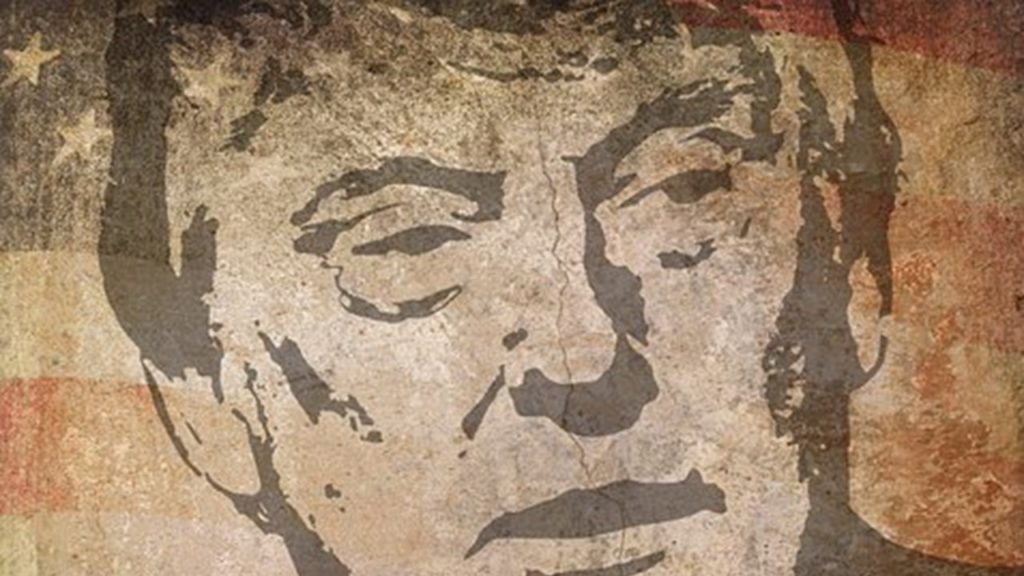
Crux of the issue: The winner leads the most powerful country in the world.
The race has now been distilled to a contest between Trump and the three leading Democrat contenders, Warren, Sanders, and Biden (and maybe Buttigieg if Biden withdraws soon). Democrats will be encouraged by the knowledge that Trump’s victory was managed by marginal victories in Wisconsin, Pennsylvania and Michigan.
Trump, on the other hand, will understand that record-low unemployment numbers, a record-high stock market and his extensive efforts to woo blue-collar workers may just tip the scales in his favour. If the US economy holds up until November, then our call is that Trump probably has what it takes to secure a second term.
Whatever the domestic consequences of a Trump vs a Warren/Sanders presidency, from a South African economic perspective the following is worth noting: Warren and Sanders are committed to drastic expansions of the US state, driven by tax hikes and debt. This will almost certainly put a damper on the global economy, further compromising the prospects for a South African economic recovery. (Although, on the whole, we have to say that when it comes to foreign influences, the domestic policies of Pretoria are so appalling and so certain to pin the local economy down flat that the difference between a Trump and even a Sanders presidency would make absolutely no difference to the life experience of the great majority of South Africans).
IRR Prediction: Trump wins.
SIX: Will Ramaphosa survive the year?
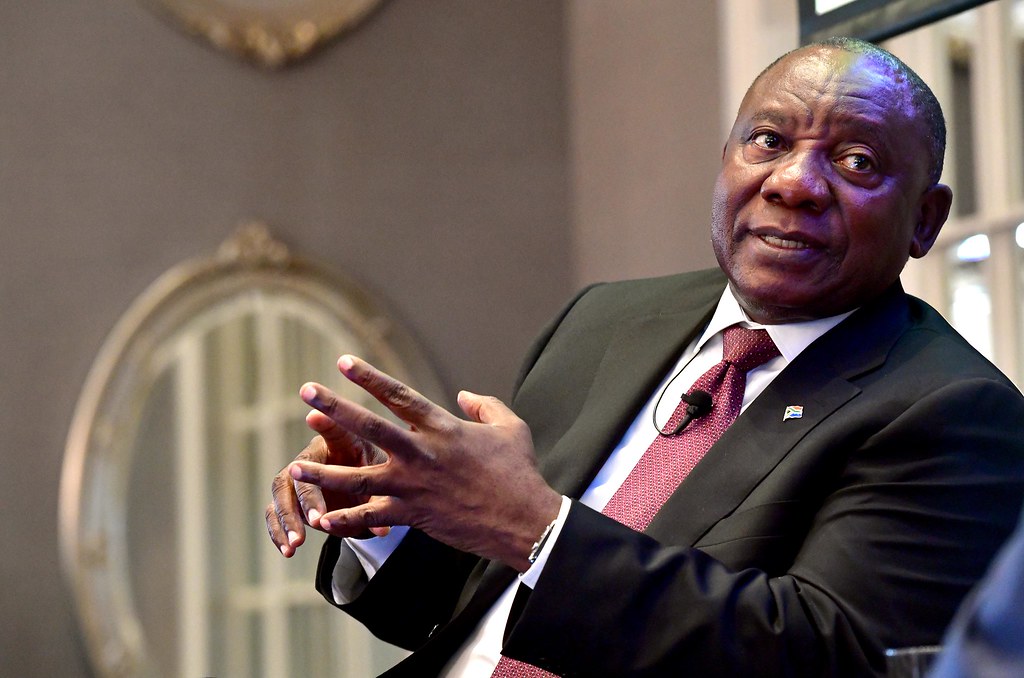
Crux of the issue: If he does not, then most business and investor assumptions about South Africa will have been dashed.
We continue to maintain that, in practice, Mr Ramaphosa did not ‘win’, in the broader sense of the word, at Nasrec in December 2017. Rather, he was elected as the face of the party, while the internal faction rivalries of the ANC continued to fester. Those rivalries are centred around a corrupt racial nationalist element on the one hand, and a Marxist element on the other. The reformist element, much talked about, does not practically exist.
In failing to achieve much by way of economic or governance reform, Mr Ramaphosa has become vulnerable to the continuing rivalries in his party. The sharks are now circling and it is only a question of time before one of them takes a bite. Later this year, the ANC will hold a conference to discuss the affairs of the party, and, in 2022, will look to elect a new leader. Mr Ramaphosa’s vulnerabilities will be all the more acute ahead of both events.
The commentariat continues to insist that Ramaphosa’s best way to cling to power is to do practically nothing. In that way, he maintains the balance of forces between the party’s rival factions, a strategy about as sure to meet with success as obtaining a police honour-guard to preside over a respected friend’s funeral. This analysis overlooks the simple fact that neither faction is committed to Ramaphosa, while both would overthrow him at the drop of a calabash if they thought it would suit them. Therefore, if he is to defy our expectations it would be by ruthless and disciplined decimation of rivals within the party.
IRR Prediction: Even should he survive this year, he will prove to be a one-term president, a term that might conclude at any moment.
SEVEN: Will the DA be able to maintain its internal cohesion?
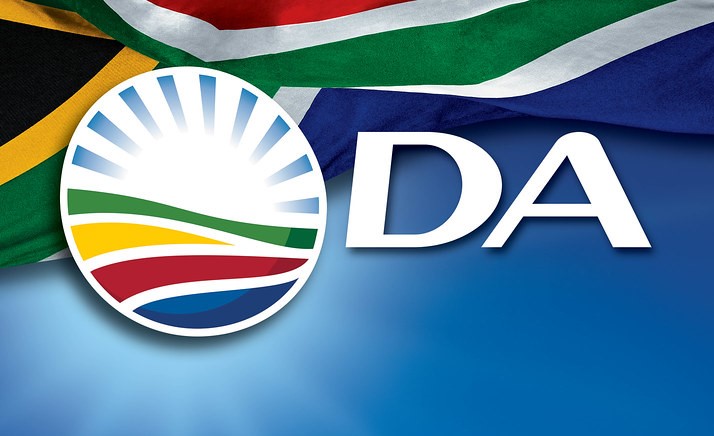
Crux of the issue: Without a credible opposition movement there is limited political pressure on the ANC to hasten towards governance or economic reform.
Following years of mismanagement, the rot in the DA runs very deep. It remains to be seen whether anyone, even someone possessed of the fearsome commitment and efficiency of Helen Zille, has what it takes to turn that party around.
The litmus test is whether the party can sustain its now apparent opposition to the racial nationalist ideologies of the ANC. Fail at that and the petty jealousies and infighting that have come to characterize the ranks of the party will likely earn it the epitaph: the movement that never missed an opportunity to miss an opportunity.
IRR Prediction: The DA will fail to properly exploit the political opportunities that have arisen in the SA political market.
EIGHT: Expropriation without Compensation
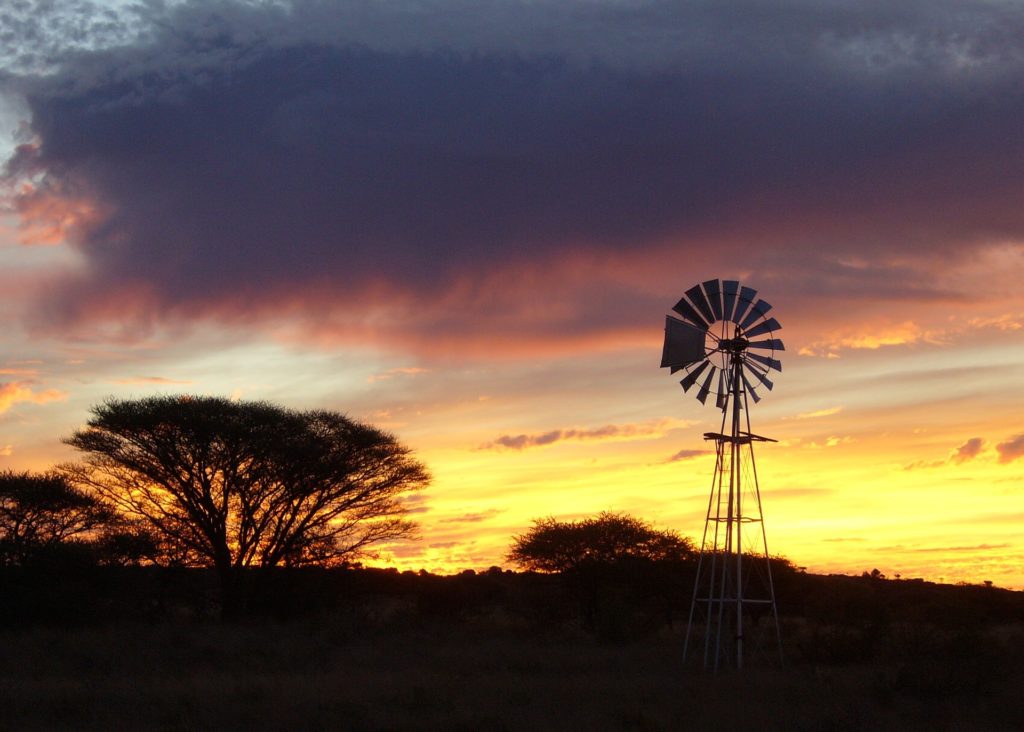
Crux of the issue: EWC will affix a forever flashing red light to South Africa’s investment doorway. It will open another door to the dismantling of the constitutional settlement that ended apartheid, presaging the erosion both of civil rights and of the rule of law.
In the face of all evidence, the government seems thoroughly committed to forcing through an amendment to Section 25 of the Constitution, buttressing that with an Expropriation Bill that would expose almost all industries to a bevy of regulatory or custodial takings. These might range from moves towards prescribed assets to the ratcheting up of BEE requirements, and National Health Insurance.
A number of civil society and activist groups continue to lead the charge in favour of safeguarding SA’s Constitution and Bill of Rights. However, the odds against them are now very great. Unless more business and investment leaders come out unambiguously to oppose the government’s moves, the constitutional amendment and ensuing Expropriation Bill may become law before Christmas this year. However, with those powers in hand, the ANC risks becoming a little like the dog that caught the car. Will it dare use its powers to drive any commercial farmers off their land, or seize the life-savings of an aged pensioner?
Key to note is that Ramaphosa might find himself helpless to answer this question one way or another once the statutes have been adopted. If he moves towards rapid implementation, he will almost certainly condemn SA to a long-term depression, amidst accelerated wealth and skills outflows, and a sharply depreciating currency. If he refuses implementation, he will have lit the match of his own immolation within the ANC.
IRR Prediction: The legislative changes will be made, but civil society action will stall the extent of government implementation.
NINE: Will Moody’s downgrade SA?

Crux of the issue: A Moody’s downgrade will knock South Africa out of those last corners of the global bond indexes to which it still clings.
Of the three major credit rating agencies, Standard & Poor’s Global, The Fitch Group and Moody’s Investors Services, the first two downgraded South Africa to sub-investment grade (junk status) since 2017. As the exception, Moody’s has come under increasing pressure to join their peers, given SA’s worsening economic position.
Our view is that Moody’s will move after the February Budget Speech to ‘junk’ SA sovereign debt. Felicitously, if there was ever a time to be junked, now would be it, given the low yields in much of the world’s bond markets. As a result, the certainty following a downgrade may see speculative and yield-seeking bond cowboys enter the SA bond market, parrying rand-weakness, and perhaps even tapering yields. This will doubtless be read as a vote of confidence in whatever the most recent appearance of ‘stimulus’ the ANC has injected into the news cycle, but should be taken instead for what it is: a chance to make a quick buck.
Add to the above that the inevitability of a downgrade has already been partially priced into the currency, and the more dire media predictions of a post-downgrade apocalypse may be somewhat overdone.
IRR Prediction: Moody’s will downgrade us in the first half of 2020
TEN: Prospects of firm reform at Eskom
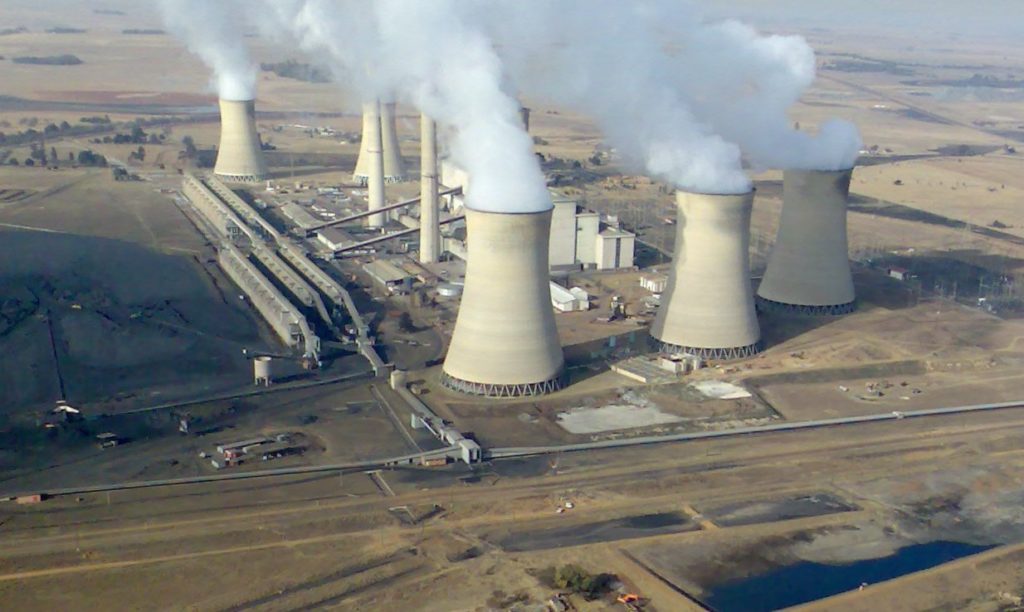
Crux of the issue: If Eskom fails, SA fails.
Eskom is R450bn in debt and 33% over-staffed (according to Jabu Mabuza, recently resigned chairperson of the Eskom board). They are unable to service their debt through current earnings (which are barely enough to cover Eskom’s costs). The latest estimates suggest that up to 40% of generating power capacity is now out of action.
Our read is that the entity remains possessed of a weak, and weakening, board, and extremely weak executive management, neutered, as it were, by the interference of ‘the shareholder’, which is the government. Try as we might, we can find no green shoots to suggest that the government is willing yet to concede what is so abundantly clear, that until the parastatal is run as an engineering business and not as an experiment in social engineering, recovery is impossible. So serious is the problem that the complete reworking of energy policy is now required. What needs to be done is that the grid should be stripped out of Eskom’s hands and placed in the hands of a new parastatal, with all its generating capacity auctioned to private providers, the price of electricity floated and the market opened to large- and small-scale competitors. In the current ideological and political climate, there is a very limited likelihood of such advice being pursued with any enthusiasm.
IRR Prediction: The energy picture will weaken throughout the year.
Conclusion:

On the domestic side of the equation, the outlook is not very good at all. In time, the dawning of these new realities may have the salubrious effect of separating the wheat from the chaff on the question of which individuals and institutions are sufficiently robustly geared to secure for themselves a long-term future in the country. Pretoria is unlikely to provide that future and, increasingly, it will be left to individuals and highly innovative firms to assume what were once the functions of the state, if they are to withstand the many economic, infrastructure and political ravages to come.
If you like what you have just read, become a Friend of the IRR if you aren’t already one by SMSing your name to 32823 or clicking here. Each SMS costs R1. Terms & Conditions Apply.

